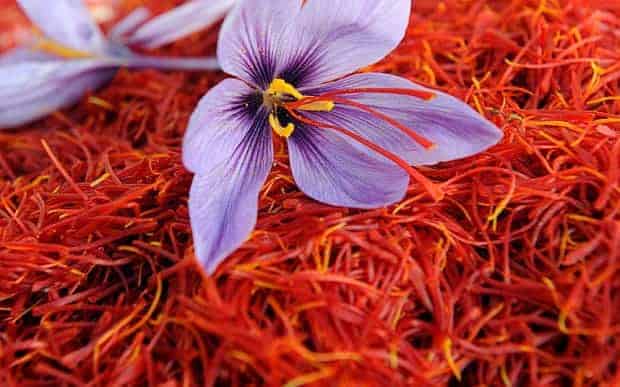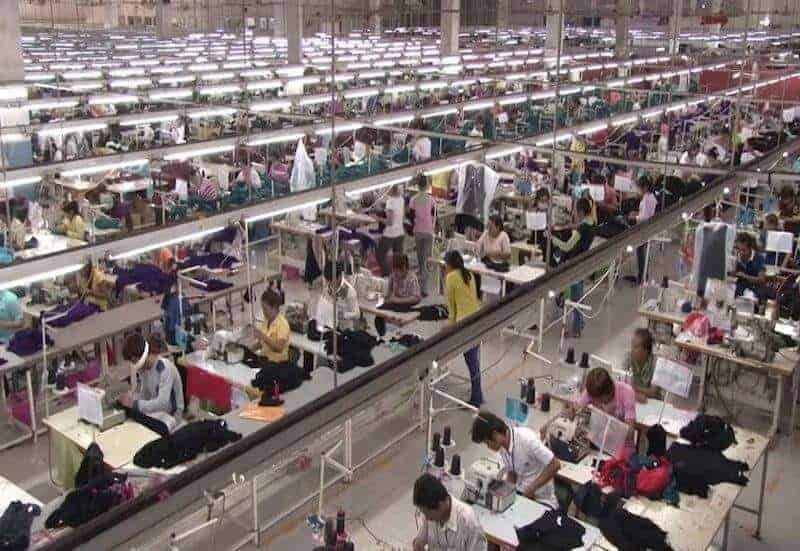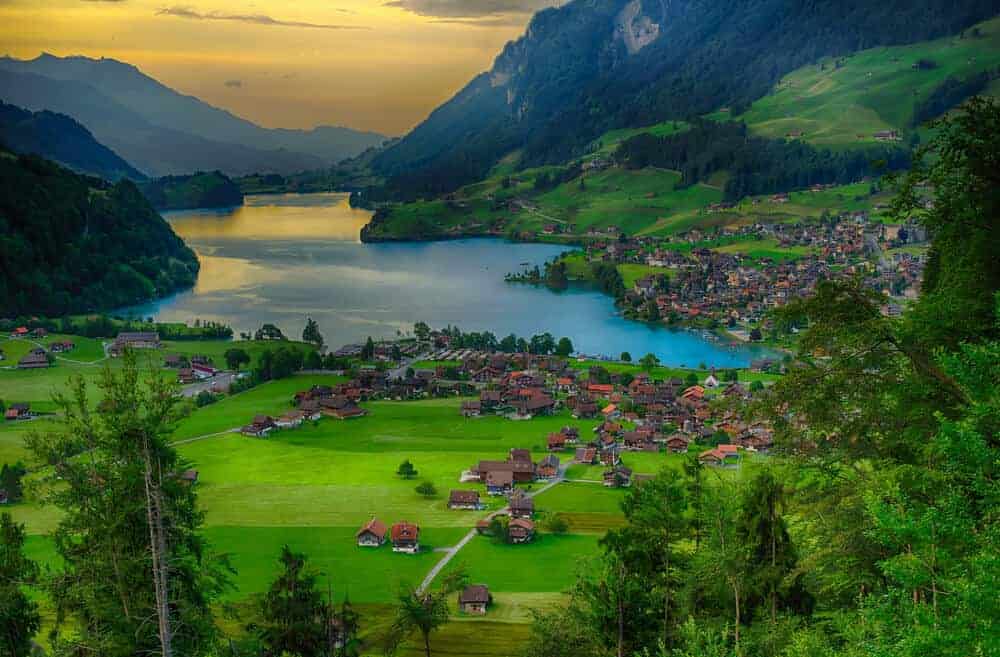Scarcity refers to the fundamental economic dilemma, the gap between ‘limited – that is, scarce’ – resources and theoretically limitless demands.
The entire field of economics is based on the idea of scarcity.
In fact, we wouldn’t even need a field of economics if there wasn’t the notion of scarcity in the world.
What does scarcity mean?
It means that there’s not enough of something for everyone.
It can be goods, services, resources, we’re talking about things where if there was no cost associated with them, people would use far more of that than there actually is around.
And in this
A related idea to scarce resources is it’s opposite, which is the notion of a free resource. This is something that, you could argue, is infinitely abundant or at least in a certain context is so abundant that it feels like people can have as much of it as they want.
The more that one person has of it, it doesn’t take away from someone else.
And the reason why scarcity is essential to economics is that economics is the study of how do you allocate these scarce resources.
If there’s more demand for a certain good than the amount of good that there is, well, who gets it, how much of it do they get, and what do they have to give up in exchange to get those scarce resources?
Just to make things simple, let’s just first make sure we understand and have a good idea of what resources are scarce and which ones aren’t, and why.
Example One:
So this is a picture of saffron, One of the most expensive spices in the world. it is just a tiny part of the flower.

Each of its flowers has three tiny, thread-like stigmas in the center. These must be removed by hand and carefully toasted to dry. Then they have to package it in some way, and they have to get it to your kitchen.
And so, do you think that saffron is a scarce resource or a free resource?
Well, if it was a free resource, that means that we’re just swimming in saffron, that it’s so abundant that I could just have as much saffron as I want and there’s still as much as you want and that everyone gets as much as they like.
Well, that’s clearly not the case. Saffron is a scarce resource.
In
Example 2
This is a picture of some people working in a factory, and the resource that jumps out here is that of labor.

Labour is interesting because it’s not as tangible as something like saffron but it is a resource.
And one could even argue that saffron on your plate, some of its scarcity comes from the labor involved of getting it to your plate.
Those people who are putting together some type of fabric. would you consider that a scarce resource or a free resource?
Well, it would be a free resource if people were willing to just do as much work for other people, actually willing to do an infinite amount of work for other people, which isn’t even humanly possible.
And even is it was humanly possible, people aren’t willing to do that.
They want something in return. And so, once again, it is a scarce resource.
Example 3
There are many resources that are pictured right here. You have this beautiful town Wengen, Switzerland. And so, some clear scarce resources are here.

Many people would love to have a view like you would get from this hotel, but not everyone. Again many people would also love to live there but not everyone can live there. So that is a scarce resource.
The water here is an interesting one. I can imagine in earlier times if before there was a town
If someone was thirsty, they would just go up to the lake and they would just drink from the lake. They would not have to give up anything to drink from that lake.
But now the town, it might be a little bit more of a scarce resource. They might want to preserve it for various reasons.
In order to get the water to your sink in your house, there might be some services or goods or labor involved.
Someone has to set up the pipes, maybe it has to be cleaned in some way. Well, then it might become a little bit more of a scarce resource.
Example 4
Air for most of human history has been considered a free resource. And even today I’d argue that something like oxygen, at least on our planet, is considered a free resource.
When I take a deep breath it does not affect your ability to take a deep breath. It does not take oxygen away from you.
Now is there an infinite amount of oxygen in our atmosphere? No. But for our purposes, it feels like there’s an infinite amount.
Now if the photosynthetic plants were to disappear and all of a sudden oxygen started to get diminished, or if we were in a space station where there isn’t a seemingly infinite amount of oxygen, well then you could imagine a world where it could become a scarce resource.
You can imagine a colony on the Moon or on Mars or in the space station where it had some type of economic system to decide who gets how much oxygen.
In the end
I hope you get an idea behind scarcity. As already mentioned, scarcity is the central idea in all of economics. It’s the reason why we even need a field called economics. it’s the limitation of resources we have and how we allocate it to masses.
